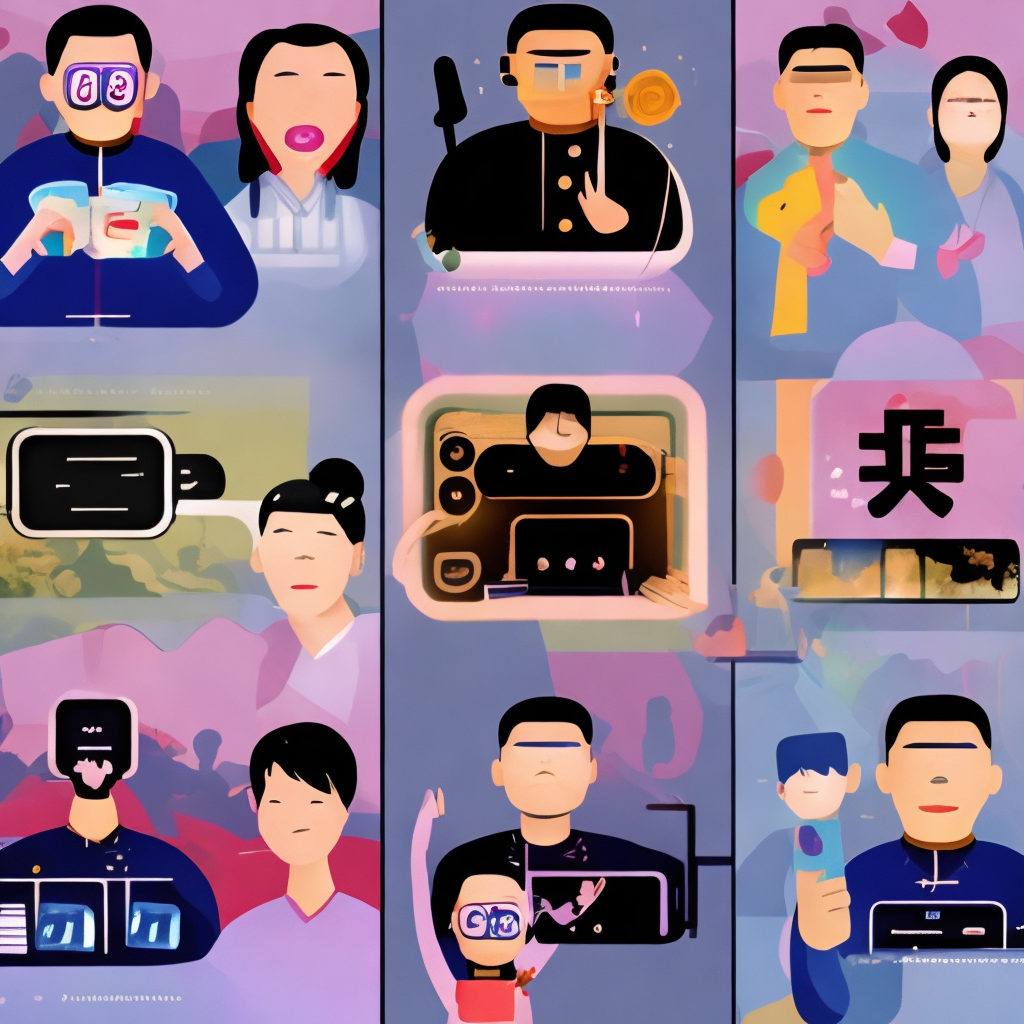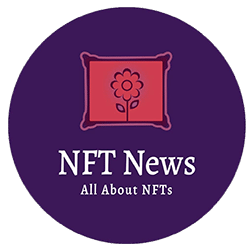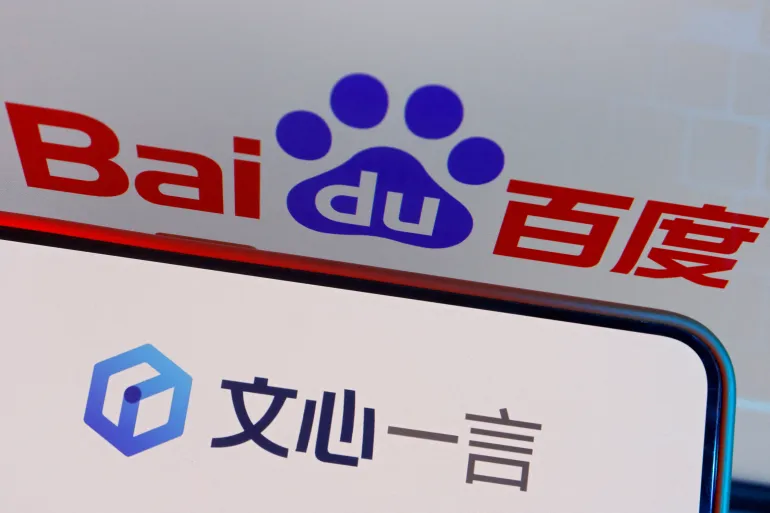China’s leading technology companies, including Baidu, Alibaba, and Tencent, have raced to unveil AI-powered chatbots following the enactment of China’s first laws regulating the industry.
The new rules require government approval before releasing consumer AI products. This triggered a wave of chatbot launches just weeks after the laws took effect as firms sought to close the gap on rival ChatGPT.
China’s vibrant AI ecosystem aims to lead localized innovation while aligning with state directives. Companies balance rapidly deploying cutting-edge chatbots with adhering to content restrictions and data security rules.
This complex dance highlights China’s abrasive yet agile approach in competing with the US for AI supremacy. Let’s examine the impact of China’s new regulations on the rollout of public chatbots.
New Regulations Mandate Approval for Consumer AI Products
On August 15th, 2022, China’s first AI governance laws took effect, shaping the industry’s trajectory.
The regulations require companies to seek government approval before releasing AI services for broad public use. Firms must submit security assessments and show compliance across 24 content and data handling guidelines.
For instance, chatbots cannot spread false information or cause societal disturbance. This allows China to monitor narratives and maintain influence over AI advancement.
The rules follow earlier bans of foreign AI like ChatGPT, reflecting Beijing’s wariness of uncontrolled tech. However, the legal framework also catalyzed domestic consumer AI progress.
Leading Tech Firms Unleash Public Chatbots Post-Regulation
Within two weeks of the regulation’s enactment, Chinese tech giants like Baidu, Alibaba, Tencent, and ByteDance launched their first public chatbot services.
The launches indicate these firms likely worked closely with government agencies during development and testing to align with content rules.
Baidu rolled out chatbot Ernie Bot for iOS, quickly becoming China’s top free app. SenseTime and others also introduced conversational AI products accessible to the mass market.
Previously, testing was limited to small groups. But the new laws provide a pathway to expanded rollouts, which companies raced to capitalize on amid ChatGPT hype.

Local Firms Prioritize Data Privacy as National AI Ambitions Grow
Chinese companies tout their public chatbots as aligned with Beijing’s data security stance, contrasting this with lax standards abroad.
Baidu claims Ernie Bot operates fully in China, keeping all data onshore. SenseTime similarly pledged domestic data retention as a strategic advantage.
This localization emphasis extends across China’s AI industry as it seeks self-reliance and global influence. Initiatives like the open-sourced Quro model aim to reduce dependence on foreign tech.
Data sovereignty is set to become a key pillar of responsible AI in China, furthering state interests while competing ethically with the West.
Regulations Reflect Beijing’s Abraive Yet Agile Stance on AI Governance
China’s restrictive yet catalytic AI regulations exemplify its two-pronged approach – censoring perceived threats while aggressively enabling domestic progress.
Banning services like ChatGPT due to content concerns yet locally facilitating similar offerings shows this strategy in action.
The nimble regulatory environment empowers Chinese firms to rapidly deploy innovations once aligned with state directives. This contrasts with the West’s laissez-faire AI growth. However, free speech restrictions and opaque state involvement raise concerns among human rights critics. The benefits versus costs of China’s assertive tactics remain debated.
The Road Ahead: China’s Continued Quest for AI Supremacy
China’s new AI laws and subsequent chatbot launches confirm that that the country remains firmly in the race for global AI leadership. However, this pursuit of technological strength and national interests often subordinates individual liberties. Google ethics researcher Timnit Gebru notably criticized China’s approach.
As China and the US compete for AI dominance, philosophical differences around state power, free markets, and governance values will deepen. But China’s agility and drive to lead critical technologies persist.
With sizable data pools, thriving tech giants, and acquiescent regulation, expect China’s assertive AI ascent to continue as chatbots represent just the tip of the iceberg.
Want more? Connect with NFT News
Follow us on Twitter
Like us on Facebook
Follow us on Instagram
*All investment/financial opinions expressed by NFT News are from the personal research and experience of our site moderators and are intended as educational material only. Individuals are required to fully research any product prior to making any kind of investment.

This information is published by the NFT News media team.











